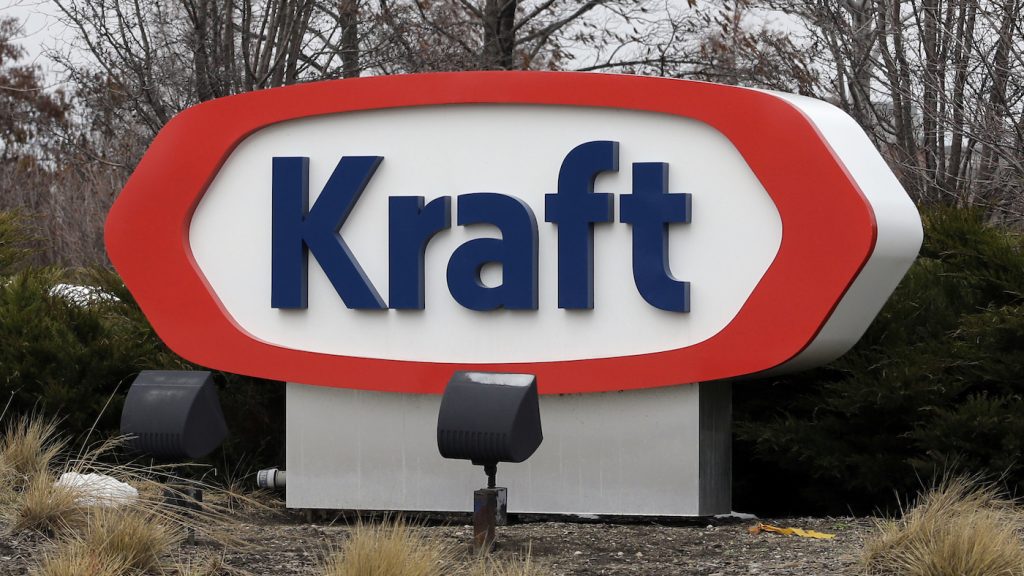A group that looks out for consumers warned on Tuesday that Lunchables, a popular snack for kids, has high levels of lead and sodium.
Consumer Reports (CR), a group that supports consumers, said tested 12 versions of Lunchables sold in stores, made by Kraft Heinz, and other similar lunch and snack kits. They found “relatively high levels of lead and cadmium” in the Lunchables kits.
Cadmium is a substance linked to harmful effects on the kidney, skeleton, and respiratory system, and is considered a human carcinogen, according to the World Health Organization.
The Centers for Disease Control and Prevention (CDC) have stated that there is no safe level of lead for children. The kits had sodium levels ranging from 460 to 740 milligrams per serving, which is nearly a quarter to half of the daily recommended limit for children, according to CR.
All but one of the kits contained harmful phthalates, chemicals found in plastic that have been linked to reproductive issues, diabetes, and certain cancers.
When CR tested the Lunchables kits
distributed by schools under the National School Lunch Program, they found that the sodium levels in these kits, which contain larger portions of meat, are higher than the store-bought versions. The school version of the Turkey and Cheddar Lunch had 930 milligrams of sodium, while the Lunchables pizza kit for schools had 700 milligrams of sodium. A spokesperson for Kraft Heinz said that Lunchables products provide a “good source of protein” and nutrients through meat and cheeses.
The spokesperson mentioned the significant reduction in sodium in the crackers, saying, “We’ve made big improvements to the nutrition profile of Lunchables.”
They also expressed pride in the safety and quality of Lunchables.
They started a petition
CR asking the United States Department of Agriculture (USDA) to remove the Lunchables food kits from the National School Program. By Tuesday night, the petition had over 12,000 signatures. Brian Ronholm, director of food policy at CR, stated, “Lunchables are not a healthy choice for kids and should not be allowed as part of the National School Lunch Program.”
A spokesperson for the USDA emphasized their commitment to providing high-quality school meals.
They also explained that the USDA does not approve or disapprove individual food items, but rather focuses on the overall content of meals on a daily or weekly basis.
According to the USDA spokesperson, the Lunchables products mentioned by CR should be served with fruit, vegetables, and milk.
They also mentioned their support for schools that want to incorporate more freshly prepared and local foods.
The Hill’s Sarah Fortinsky contributed reporting.









